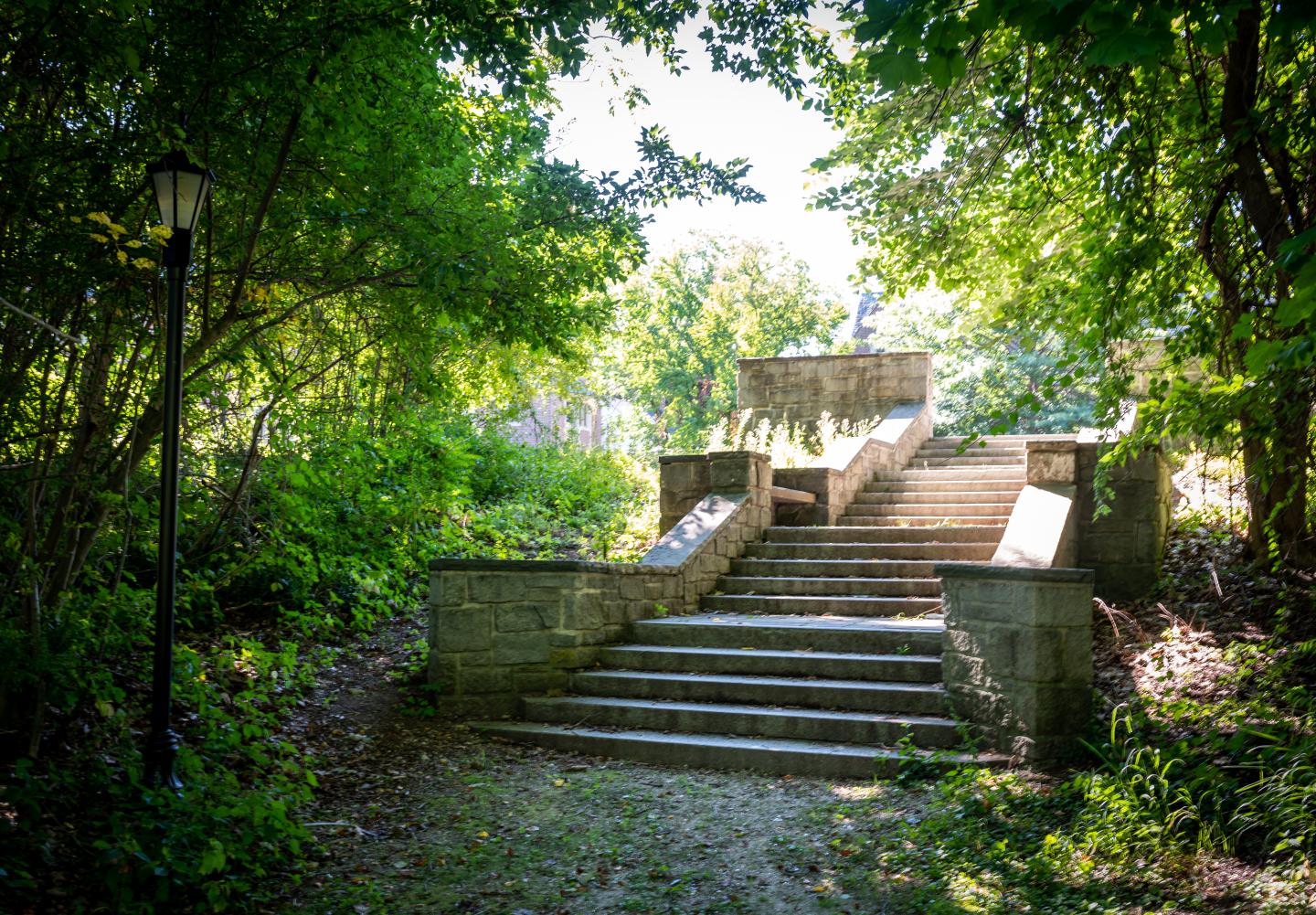

Committee identifies learning voids that may have been created by the pandemic — and ways to address them for student success
Identifying and providing additional support for incoming students who may have gaps in content and skill acquisition due to the impact of the pandemic will be critical to their success in the coming year.
To meet that need, Rector Kathy Giles convened a task force, charging the group with pinpointing those gaps and proposing the necessary supports and interventions as new students transition to SPS. The committee met three times in April and May to create a plan. The group, co-chaired by Director of Academic Support Kate Daniels and Dean of Studies Lori Bohan, also includes Vice Rector for School Life Theresa Ferns ’84, Associate Dean of Students Thomas Gregston, Associate Dean of Admission Michelle Hung, Director of Academic Technology Melissa Poole, and teachers Laura Hrasky (mathematics), Paul Murray (languages), and Chris Odom (science).
Committee members surveyed incoming students and their parents to learn about potential gaps created by online and hybrid learning models at their previous schools. The survey also requested feedback on five social-emotional competencies (self-management, self-awareness, social awareness, responsible decision-making skills, and relationship skills).
“Incoming students, as well as their parents, have indicated they are a bit anxious about perhaps not having learned as much as they would have in an academic year due to the unusual circumstances,” Daniels says. “Without the opportunity to be with their teachers and peers, students also lost opportunities for social-emotional learning. Focusing on those core competencies will need to be given considerable attention next year.”
Daniels noted that the School has partnered with the JED Foundation, a nonprofit that works to help schools strengthen both their mental and physical health programs. The Living in Community curriculum will place particular emphasis on health and wellbeing in the coming year.
“There is a tremendous amount of work being done to address the emotional wellbeing and mental health of our students,” says Daniels, adding that the School will have four full-time counselors and one part-time counselor available when classes resume in the fall.
Among the most challenging areas identified by incoming students in the survey were effective study habits, understanding schoolwork, asking for help, taking notes, and organization. Students were asked to share the amount of time spent on homework in the past year, with nearly 30% reporting they devoted fewer than 60 minutes to nightly assignments during the pandemic.
“I have no clue how well I will be able to fit in,” one student responded, “since I haven’t been with my friends and schoolmates ever since COVID. Also, I think it will take some time to learn how time management at boarding school is different from online learning.”
Parents of incoming students pointed to sleep management and organization as the issues of greatest concern heading into the fall. Of the 173 responding parents, 37% indicated that their children attended school in person, while 39% attended remotely. The areas that suffered the most, according to parents, were socialization, foreign language progress, and in-depth study of course material.
“Our son was a remote student,” one parent wrote. “And, although he handled the academic component of this well, I think the interpersonal part was a huge loss. Anything St. Paul’s can do to reintroduce the interpersonal component of learning will be highly beneficial.”
Armed with the survey results, committee members generated recommendations to address some of the losses created by the pandemic. Suggestions include reviewing the records of each new student and pairing them with advisers who can best support them; diagnostic testing to determine student learning and social-emotional needs; being creative with the use of current human resources to provide enhanced daytime and evening support; coaching in executive function; expanded mentorship from upperformers; and increased communication between teachers and advisers to assess student progress, among other notes. In addition to the faculty office hours already available to students, St. Paul’s will offer content-specific tutoring and will have peer tutors available during the academic day and in the evenings.
“The COVID-19 pandemic presented countless challenges and will have far-reaching ramifications for many,” the committee shared. “Our new students are excited to begin their journey here at SPS, and it is imperative that each has the opportunity to participate fully in the educational experience SPS offers.”
